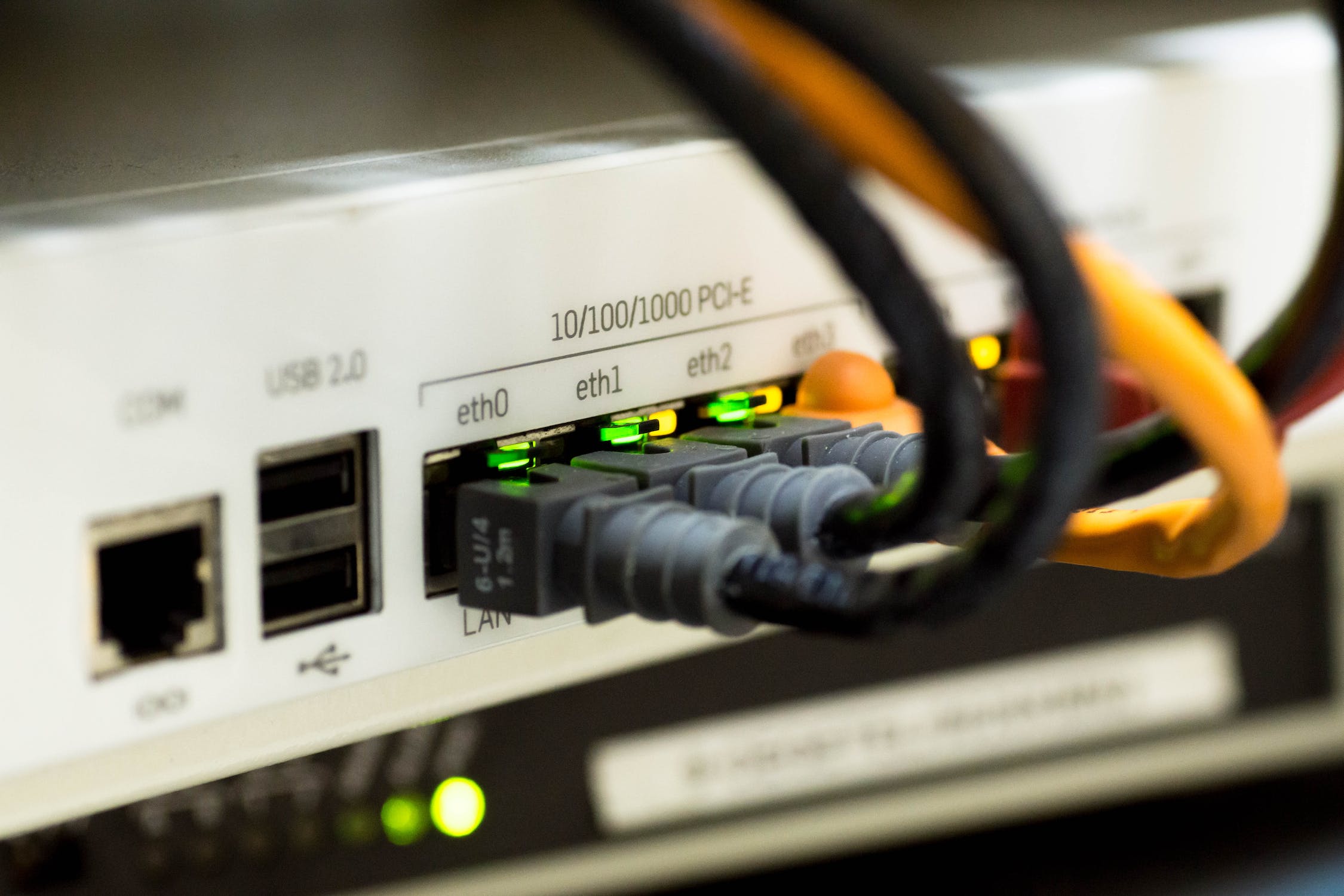The Growing Threat of Supply Chain Attacks in 2024
The issue of supply chain attacks has become increasingly concerning in 2024 presenting dangers to businesses worldwide. These cyber assaults target the network of suppliers, manufacturers and service providers with the potential to disrupt operations steal sensitive information and lead to substantial financial losses.

Recent events have shed light on the changing strategies employed by cybercriminals to exploit vulnerabilities within supply chains emphasizing the need for organizations to recognize and address these risks.
Understanding Supply Chain Attacks
Supply chain attacks involve infiltrating an organizations supplier network to gain entry into its systems. These attacks can occur at points along the supply chain, such as during software development, hardware production and logistics processes. Cyber attackers often focus on third party vendors with robust security measures as a means to breach larger corporations.
A prominent instance is the SolarWinds breach in 2020 when hackers implanted code into a routine software update. This tactic enabled them to penetrate the networks of prominent entities, including government agencies and Fortune 500 companies. Such occurrences underscore the necessity of securing every aspect of the supply chain.
- Software creation
- Hardware production
- Logistics and shipping
- Third party suppliers
Recent Developments, in Supply Chain Attacks
In 2024 we're witnessing trends impacting supply chain security. One key trend is the rise in attacks targeting suppliers. These cybercriminals lock up data and demand ransom for its release leading to disruptions in operations and financial stress. Additionally there's a growing use of phishing schemes to trick employees into sharing access credentials.
Moreover attackers are now utilizing intelligence (AI) and machine learning (ML) to bolster their strategies. AI powered attacks can swiftly adapt to defenses posing challenges in detection and mitigation. These advancements call for cybersecurity measures and ongoing monitoring of supply chain operations.
Business Impact
The repercussions of supply chain attacks can be significant for companies. Apart from financial impacts like ransom payments or data breaches businesses risk enduring lasting harm to their reputation. Customers and partners may lose faith in organizations that fail to safeguard their supply chains
A recent survey by Accenture revealed that 40% of security breaches stem from third party suppliers or service providers (accenture.com). This underscores the importance of risk assessments and collaboration, with suppliers to enhance security standards collectively.
Ways to Minimize Risks
There are approaches that companies can take to reduce the risks linked to supply chain attacks:
- Conduct thorough risk assessments: Routinely assess the security status of all suppliers and service providers.
- Implement access controls: Control access to sensitive data based on job roles and responsibilities.
- Improve monitoring and detection capabilities: Utilize advanced tools to observe network activities and identify any unusual trends.
- Encourage collaboration: Collaborate closely with suppliers to ensure they follow cybersecurity protocols.
- Invest in employee training: Educate employees on how to identify phishing attempts and other social engineering tactics.
The Significance of Regulatory Compliance
Adhering to standards is pivotal in mitigating risks associated with the supply chain. Regulations like the General Data Protection Regulation (GDPR) and the Cybersecurity Maturity Model Certification (CMMC) necessitate security measures for organizations handling confidential data. Compliance not minimizes vulnerabilities but also fosters trust among customers and partners.
The Executive Order, on Improving the Nations Cybersecurity issued by the Biden administration underscores the importance of securing supply chains by mandating agencies to enhance their cybersecurity practices. This directive establishes a precedent for sector entities to also bolster their defenses against supply chain threats.
The recent cyber attack on SolarWinds highlights the impact of supply chain breaches. Cybercriminals managed to breach SolarWinds Orion software, which was widely utilized by clients. By implanting code into software updates unauthorized access was granted to users systems.
| Key Points | Details |
|---|---|
| Method of Attack | Compromised Software Updates |
| Affected Parties | Government Agencies and Fortune 500 Companies |
| Duration of Breach | Extended Period (Detected in December 2020) |
| Consequences | Data Breaches and Operational Disruptions |
| Key Takeaway | Importance of Thoroughly Screening Third party Suppliers |
A Call for Vigilance and Preparedness
This incident underscores the need for organizations to stay vigilant and well prepared against threats. It's crucial for businesses to understand that their security is only as strong as the link in their supply chain. Implementing cybersecurity practices, regular evaluations, collaboration with suppliers, employee training and adherence to regulations are vital steps in mitigating these risks.
Given the evolving nature of cyber threats it's imperative for companies to proactively adapt their security measures. Taking these precautions seriously can enhance resilience against supply chain attacks both now and, in the future.